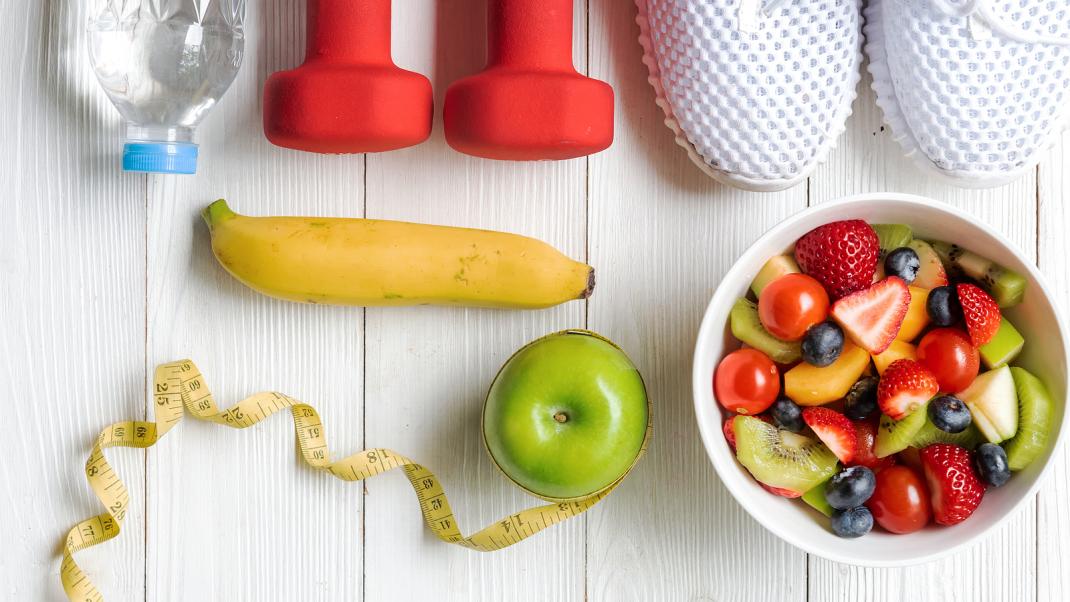
Taking care of your health is essential for cancer prevention.
Limit your fat intake. Fill up on cancer-fighting foods such as fruits and vegetables; eat red meat sparingly.
Maintain a healthy body weight
There is a clear link between obesity and breast cancer due to the excess estrogen production in fatty tissue. Maintaining a healthy weight is one of the most critical actions you can take to reduce your risk.
Nutrition
Research has shown that certain foods can help decrease your risk of developing cancer. These cancer-fighting foods (see below) are not only nutritious—they are usually inexpensive and a natural way to take action and manage your health.
Vitamin A
Researchers have found that this vitamin can reduce the risk of developing breast cancer in those who have a family history of the disease. Carrots, sweet potatoes, dried herbs, and leafy greens are all rich in vitamin A.
Vitamin E
Clinically proven to slow the growth of cancer cells in the ovaries by reducing the production of telomerase, a ribonucleoprotein can increase the risk of developing ovarian cancer. Foods rich in vitamin E include leafy greens such as swiss chard, spinach, kale, nuts, wheat, and tropical fruits.
Vitamin D
Help reduce the incidence of breast and ovarian cancer by slowing the growth of cancer cells. The best way to get more vitamin D in your diet is by eating fatty fish (such as salmon), but it can also be found in milk, fortified cereal, orange juice, and eggs.
Fiber
This nutrient found in whole grain, flax, certain cereals, beans, and vegetables has been shown to reduce estrogen levels, which can slow cancer cell growth in breast tissue. When shopping, swap your white bread with whole-grain bread, white rice with brown rice, and sugary cereal for a cereal rich in fiber and the vitamins listed above.
Fruits and Vegetables
These carry the vitamins and nutrients that can help lower your risk of developing breast and ovarian cancer. Aim for at least five servings a day, and try to include lots of cruciferous vegetables like broccoli and cauliflower, and dark, leafy greens like kale and spinach.
Exercise daily
Regular exercise for 30 minutes or more on most days can reduce the risk of developing breast cancer. Other benefits include reducing stress and lowering the risk of heart disease.
Cut back on cocktails
There appears to be some link between alcohol and breast cancer, although scientists do not know how strong. Please stay on the safe side and limit your alcohol consumption (including beer, wine, and liquor) to one drink per day or eliminate it.
Don't smoke
Research suggests that smoking cigarettes may be linked to breast and ovarian cancer; there is a direct link between tobacco use and many other cancers (not just lung or other oral cancers). A Smoking Cessation Program is available at the Knox County Health Department 740.392.2200.
